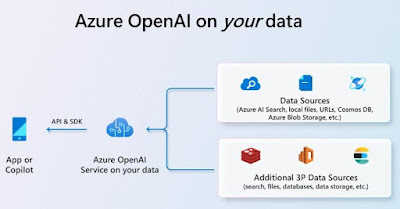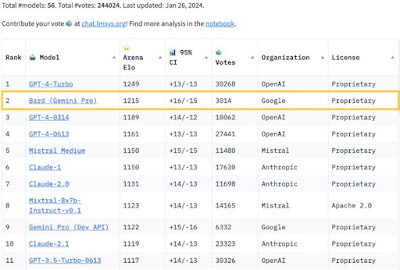This Week I Learned - * Next.js is an open-source web development framework created by the private company Vercel providing React-based web applications with server-side rendering and static website generation. * Preact is a lightweight and fast library that provides the same modern API as React, but with a much smaller footprint (3Kb) and a thinner Virtual DOM abstraction. * Astro works a lot like a static site generator. If you have ever used Eleventy, Hugo, or Jekyll (or even a server-side web framework like Rails, Laravel, or Django) then you should feel right at home with Astro. It is a web framework that can be used with any major JavaScript framework, such as React, Preact, Svelte, Vue, Solid, Lit, and AlpineJS. * VS Code Remote Container allows you to use a Docker container as a full-featured development environment * Many cloud providers, such as AWS and Azure, provide free data ingestion services. However, when it comes to extracting data...












